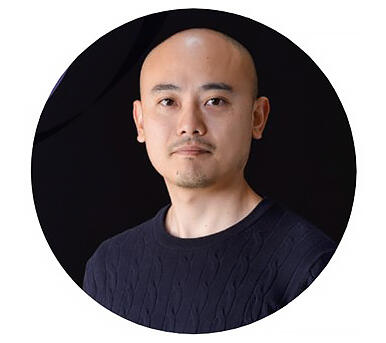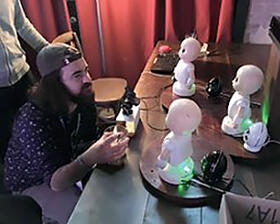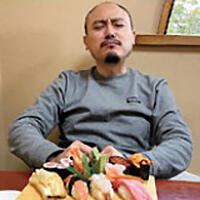
Doshisha University Faculty of Culture and Information Science, Associate Professor
Q1. What were you interested in?
A1. My initial interest in artificial intelligence shifted to a fascination with the possibilities of moving robots.
I aspired for a career as a researcher after reading biographies of Edison and Einstein. I was interested in science fiction and artificial intelligence, and I pursued postgraduate study in information systems because I was interested in mathematics. However, during my internship at ATR, my perspective changed drastically.
I wasn't told, "Even if we implement the latest artificial intelligence technology, it might not be suitable as a social robot unless it has some positive effect on human psychology and behavior", but this way of thinking was fostered at ATR. As a result, rather than artificial intelligence, I became more interested in the effects of robot interaction on humans, and I began to research on robots that interact with humans.

Q2. Please tell us about the specific contents of your research
A2. Considering the effects and impacts of the social interaction between humans and robots
When a person is complimented by others, it is said that the activity that occurs in the brain is similar to that when receiving a monetary reward. Recently, it has been observed that this also promotes the acquisition of motor skills as well as mental satisfaction. In a study published in November 2020, it was confirmed that the same effect can be obtained even if one is praised by a robot, and that the effect is further enhanced if the number of robots is increased to two. This has yet to be verified, but people may feel more social after interacting with multiple robots. We feel prouder when we receive praise from a diverse group of people, even if it is only a small amount, such as from family and colleagues, rather than a large amount from a single person, don't we? People who are praised by multiple robots, in my opinion, will have a stronger sense of social recognition.
In recent years, there has been significant focus on social capital, which is the interaction of people in society and local communities. For example, robots are in the same place every day, calling out to passers-by and occasionally complimenting them. Even if it is an interaction of only a few seconds a day, having someone who cares about them will make people feel kinder. It would be wonderful if the accumulation these efforts led to the development of compassion towards others. Not only do people need to be complimented, but they also need to be scolded at times too. Care-loving robots play an active role in supporting communication between humans. I envision such a future.
Q3. What type of research will you be working on in 10 years?
A3. I want to be a leader in this field
Of course, becoming a researcher requires specialized knowledge. However, it is also critical to expand knowledge of other research areas and to build communication ability. The information obtained through self-action reveals a new world that differs from the one obtained passively. These connected edges could lead to collaborative research. There are many well-known researchers in this field. However, as a robot researcher interested in humans and society, I would like to be referenced by many people. I am looking forward to the day when the robots I have worked on will play an active role in society as drivers for communication.

Sometimes, a little sushi is needed to rejuvenate the spirit...

Profile
Born in Kyoto Prefecture.
Completed a doctoral program at Doshisha University Graduate School of Engineering in 2012.
Doctorate (Engineering).
He has been in his current position since 2021, after working as an Advanced Telecommunications Research Institute International (ATR) Intelligent Robotics and Communication Laboratories Researcher, Osaka University Graduate School of Engineering Science Assistant Professor, and Tsukuba University Faculty of Engineering, Information and Systems Assistant Professor.
PRESTO Researcher since 2018




